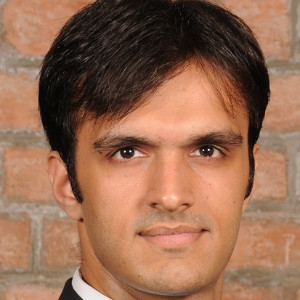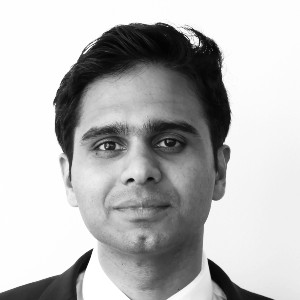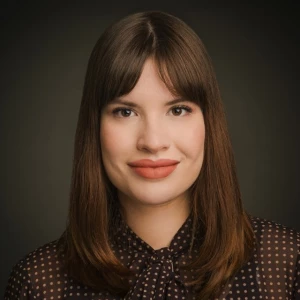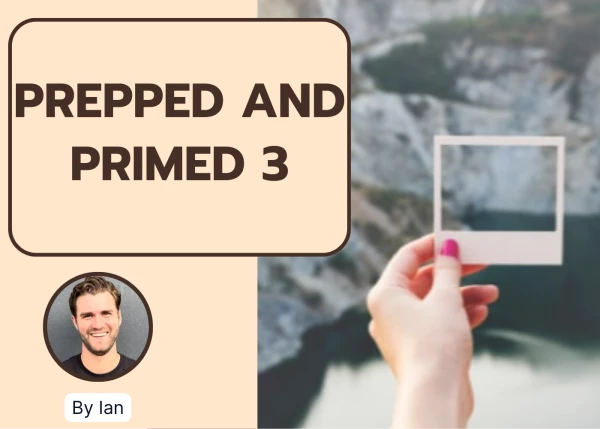I am not clear about how to be "hypothesis driven". In ideal scenario, a candidate should draw out issue trees, list key hypothesis ->test hypothes ->revise hypothesis. In real interview, is it possible to really make the whole case "hypothesis driven" and streamlined?
I've seen several ways of using hypothesis. Example one: key hypothesis that the client should enter Middle East's coffee market is that the market is attractive. To test the market's attractiveness, I need to look into several areas. First, market growth... Second, customer preference....etc. The above example to me sounds more "hypothesis driven".
Example two: state hypothesis of each branches of the issue tree. For instance: should high end European hair product manufacturer enter Asia market? One hypothesis (among many) is that our client is able to make a product that suits Asian customer's preference. I'm confused by this method. Although I may be mentioning many hypothesis when I mention each issue tree branch, I'm not using hypothesis to guide the "flow". I'm sharing hypothesis of many different topics.
Could you please share what would be the best way to use hypothesis in the case? Ideally, the way consultants would use hypothesis in every day life.
Thank you!














